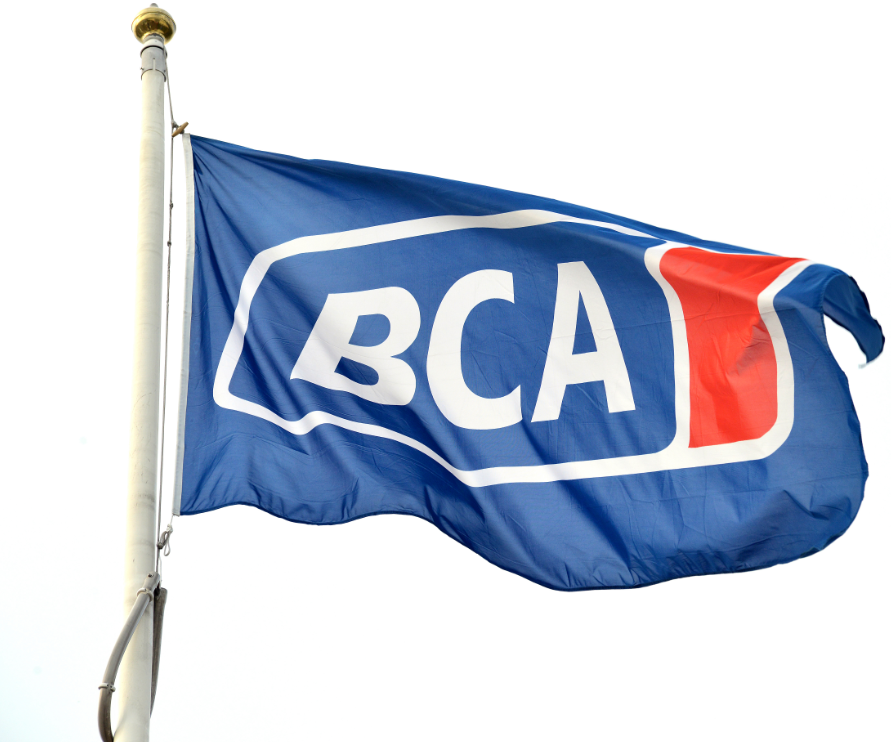Finance company is not a
private purchaser
 The court has
The court has
confirmed a business that provides finance to consumers, and enters
into a bill of sale over a vehicle as security for that finance, is
not a private purchaser under the Hire Purchase Act 1964 (HPA).
It could not, therefore, obtain
title to a vehicle in preference to the finance company that
financed the acquisition of the car through a hire purchase
agreement.
In Welcome Financial Services
Ltd vs Nine Regions Ltd t/a Log Book Loans (LBL), a Miss Scott
acquired a car under a hire purchase agreement with Welcome.
The agreement with Welcome provided
that the car would not become Miss Scott’s property until all
payments had been made and she would not sell the car until that
time.
Three days after entering into that
agreement, and in breach of it, Miss Scott entered into a bill of
sale with LBL as security for a loan of £1,286.
How well do you really know your competitors?
Access the most comprehensive Company Profiles on the market, powered by GlobalData. Save hours of research. Gain competitive edge.

Thank you!
Your download email will arrive shortly
Not ready to buy yet? Download a free sample
We are confident about the unique quality of our Company Profiles. However, we want you to make the most beneficial decision for your business, so we offer a free sample that you can download by submitting the below form
By GlobalDataUnder the bill of sale, title to
the car was assigned to LBL but with Miss Scott keeping possession
of it.
The bill of sale provided that LBL
could repossess and sell the car if Miss Scott defaulted on the
loan. In accordance with its usual business practice, LBL
registered its interest in the car with HPI. This took place some
three days before Welcome registered its interest.
Miss Scott defaulted under the loan
agreement with LBL, which terminated the agreement, took possession
of the car and sold it for £3,241.
This was done without recourse to
the courts as LBL already owned the vehicle.
Welcome issued proceedings claiming
it was entitled to the proceeds of sale as the car’s owner, not
LBL.
At first instance, the court held
that LBL was not a trade or finance purchaser. It did not offer or
expose vehicles for sale or provide finance by purchasing vehicles
and then agreeing to bail or sell them under conditional sale
agreements.
It found that the purpose of the
loan to Miss Scott was not to acquire the car. The car just stood
as security for a loan for unrelated purposes. LBL had therefore
acquired title under the private purchaser provisions of Part III
of the HPA. Welcome appealed.
On appeal, the court held that LBL
was a long way from being a private purchaser and did fall within
the definition of a trade or finance purchaser under Section 29(2)
of the HPA.
The terms and conditions of LBL’s
general bill of sale provided that LBL could repossess vehicles
held as security and offer them for sale if borrowers
defaulted.
That was one of the purposes of LBL
purchasing the vehicles. Section 29(2) was broad enough to cover
all business situations where vehicles act as security for finance,
not just where they are the subject matter of hire purchase or
conditional sale agreements. Welcome therefore retained title to
the car and was entitled to the proceeds of sale.
Comment
On the face of it, this is a
straightforward decision based on the court’s finding that finance
companies were not intended to fall within the definition of
private purchaser.
However, I understand LBL has been
given leave to appeal to the Court of Appeal in February and so we
will need to watch this space.
The author is a partner in
Wragge & Co’s finance, insolvency, recoveries and sales
team







